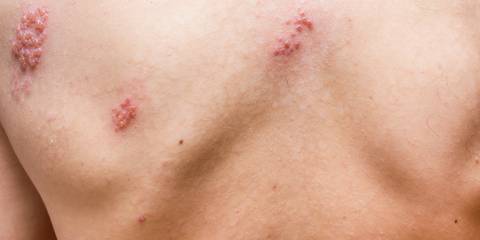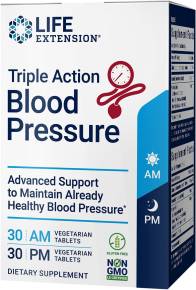A newborn is gentle and pure—and deserves personal care to match. Whether you’re expecting or already have a little one, choose products that are made from natural ingredients.
Misleading Claims
A baby’s skin is not only soft and smooth, but also delicate. In fact, it’s about 30 percent thinner than an adult’s. As a result, young skin will soak up cleansers and creams, which can affect developing tissues and organs if they contain harsh ingredients. Gaps in federal law allow children’s products to routinely include known and suspected neurotoxins and hormone disruptors. Conventional manufacturers can even market their products—which may contain allergens, artificial preservatives, and other chemicals that pose health risks—as hypoallergenic, gentle, safe, or natural. With a little practice, though, you can learn to see through claims and reduce your child’s risk of chemical harm.
The Fine Print
Look for products with as few and as straight-forward ingredients as possible. Labels that list long, unpronounceable names may be likely to have questionable contents. Foaming agents sodium laureth sulfate and sodium lauryl sulfate, frequently found in soap and shampoo, make skin more permeable and may interact with other ingredients to form carcinogens.
Added to personal care items as preservatives and antibacterial agents, parabens are also hormone disrupters. Look for natural preservatives like rosemary oil, grapefruit seed extract, and vitamin E. Be wary of the word “fragrance,” a catch-all term to describe a cocktail of chemicals blended to give a product its scent. Opt for a product that is naturally scented with organic essential oils.
Many conventional baby wipes are saturated with alcohol, fragrances, and irritants; consider unbleached, fragrance-free versions instead.
Extra Assurance
Another clue to a product’s safety is whether the manufacturer has signed the Compact for Safe Cosmetics, a pledge to formulate products that do not use ingredients known or suspected to harm health. More than 500 companies have voluntarily signed the compact in association with the Campaign for Safe Cosmetics, a coalition of public health, environmental, consumer, and other groups that encourages safer ingredients in personal care products. With the Campaign for Safe Cosmetics’ online database, www.safecosmetics.org, you can learn if a manufacturer has signed the pledge.
Nature’s Healers
Parents may choose to give their children homeopathic remedies to avoid potential negative effects associated with conventional drugs. Homeopathic medicines are small doses of natural ingredients that stimulate the defenses our bodies already use to speed healing. They’re safe for infants and children as long as dosages are adjusted accordingly. Homeopathy can treat such common childhood conditions as colic, croup, diaper rash, ear infections, growing pains, jaundice, teething, and thrush. These remedies may be taken orally or used in topical products.
Most baby body care can be used by older children and adults. Cleansers, lotions, and balms made for babies may be especially helpful to adults with sensitive skin. When you find products you trust, recommend them to other parents. After all, it takes a village to pamper a child—safely and naturally.


